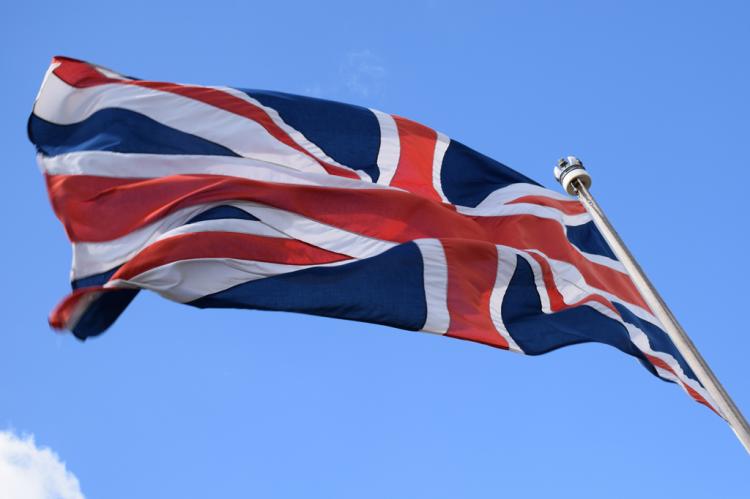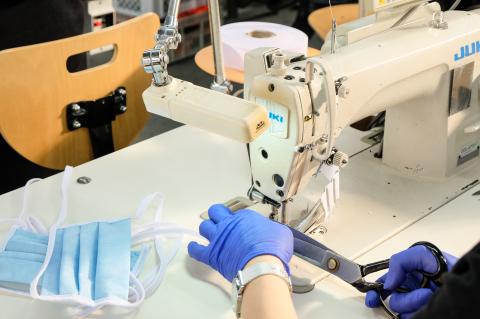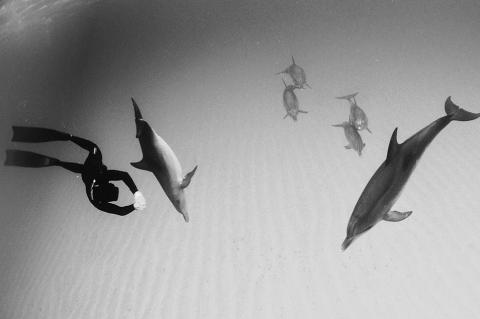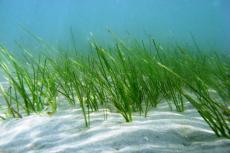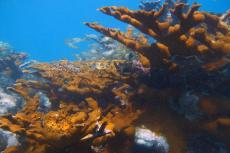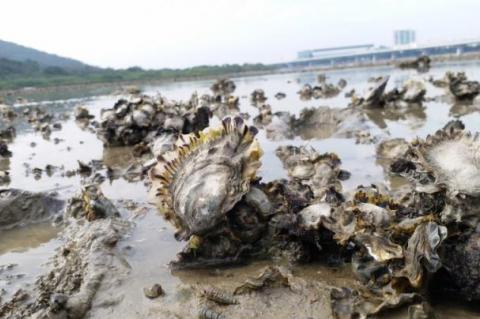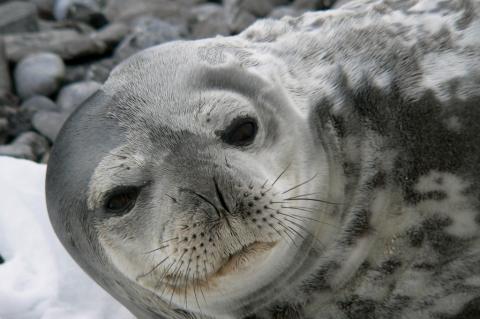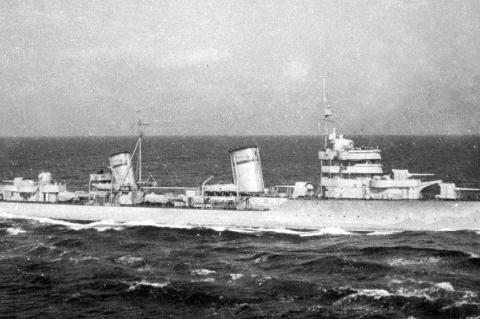UK reverses quarantine policy
Move opens door to international travel
In an abrupt policy U-turn, the UK government is to abolish its controversial blanket quarantine policy. The government currently has a “double lock” in place designed to prevent overseas tourism, with The Foreign Office warning against all but essential travel. Currently, all inbound travellers to the UK, including returning holidaymakers, are required to self-isolate for two weeks. Staring from July 6th, the two-week self-isolation period will be abolished, opening the door for tourism.
The quarantine policy has come under fire from both Tory MPs and senior medical figures, who regard it as counter-productive. Concerned about damage to airlines and tourism businesses, the government had proposed a “traffic-light” system allowing unrestricted travel to specific countries. Initially, France, Greece and Spain were to be granted “no-quarantine status,” along with a dozen additional nations, mostly in Europe.
Exemption list
Now, as many as 75 countries will appear on an exemption list drawn up by the Joint Biosecurity Centre. To be on it, countries must produce reliable data demonstrating a relatively low infection rate and no indication of a sustained increase in cases.
It is expected to include nearly every European Union nation, except Bulgaria, Romania and possibly Sweden. Many long-haul destinations have also been added, although the US and key Latin American countries such as Brazil, Chile and Mexico will not be exempt.
“It’s to be welcomed that the government is effectively abandoning travel corridors and blanket quarantine measures and enabling travel again to such a wide group of countries” said Paul Charles, spokesman for the Quash Quarantine group of travel companies. “When confirmed, we will get certainty again in our sector which is badly needed. Each day that goes by without confirmation means fewer bookings and more job losses,” he added.


